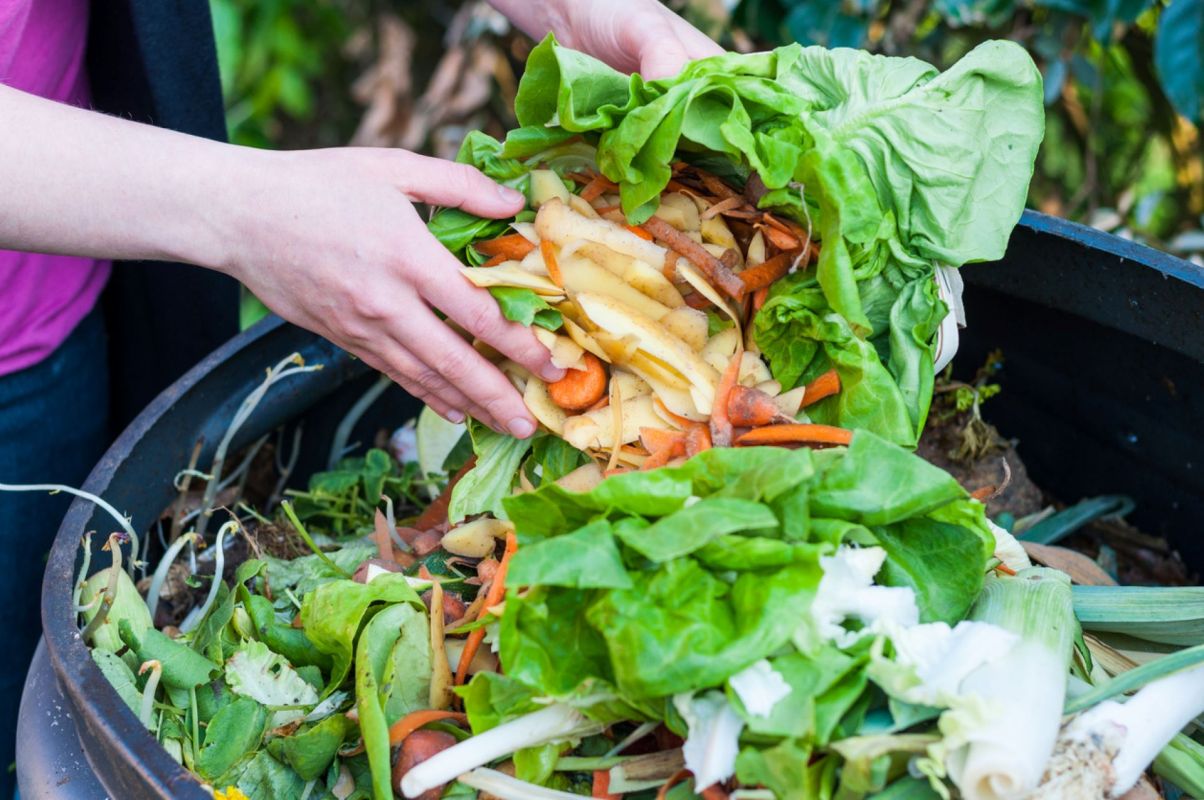Composting is mandatory in France after new rules came into force at the turn of 2024 that will impact both homes and businesses.
According to Euronews, previously only those generating over 5 tonnes (around 5.5 tons) of organic waste per year were required to compost, but those rules were broadened to include regular households and smaller businesses across the country.
Municipalities will need to provide for residents ways to sort compostable waste, with dedicated bins likely needed by many to do so. Collection points are also an option for locals to dispose of their organic trash.
🗣️ If you compost your food scraps, what's your primary motivation?
🔘 Improving my garden's soil 🌱
🔘 Saving money on fertilizer 💰
🔘 Helping the planet 🌎
🔘 I don't compost 🚫
🗳️ Click your choice to see results and speak your mind
While composting at home is another alternative, meaning those with garden space can use the resulting mixture as a nutrient-filled fertilizer, the collected waste is set to be used to produce biogas or for a wider compost source that will cut reliance on harmful chemicals used for plant and crop growth.
As Euronews detailed, around a third of household waste is generated by food scraps or garden clearing. If this was disposed of in plastic bags and sent to landfill sites, the polluting impact would be far greater than composting at home.
While these gases might also be produced on a small scale in home compost, aerobic composting — which allows oxygen to reach the waste — produces more carbon dioxide than methane. The latter has 28 to 36 times more global warming potential than CO2, according to Moonshot Compost.
In landfills, though, waste is typically kept in plastic bags and buried below other trash or underground. The waste doesn't access oxygen in these situations — known as anaerobic composting — making the methane output greater. It's a fairly equal split between methane gas and carbon dioxide produced.
If not kept at landfill sites, the waste may also be incinerated, which is yet another method that produces harmful gases.
While composting is mandatory in France, that doesn't mean people living elsewhere should wait until their localities introduce similar rules before composting their waste.
It's easy to get started — whether in a purpose-built receptacle or a defined spot outdoors — and the benefits for both your garden and the planet are enormous.
Join our free newsletter for cool news and actionable info that makes it easy to help yourself while helping the planet.









